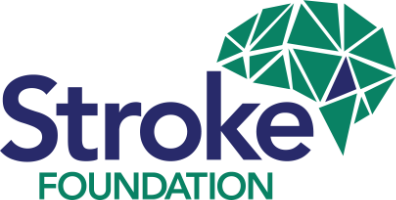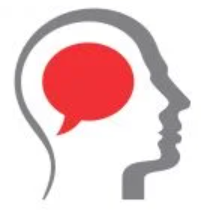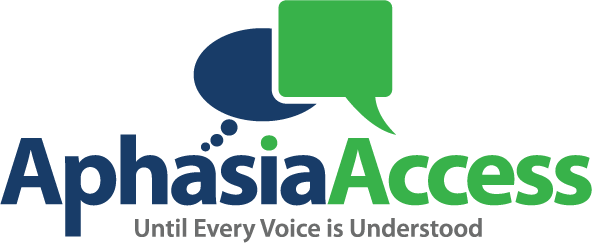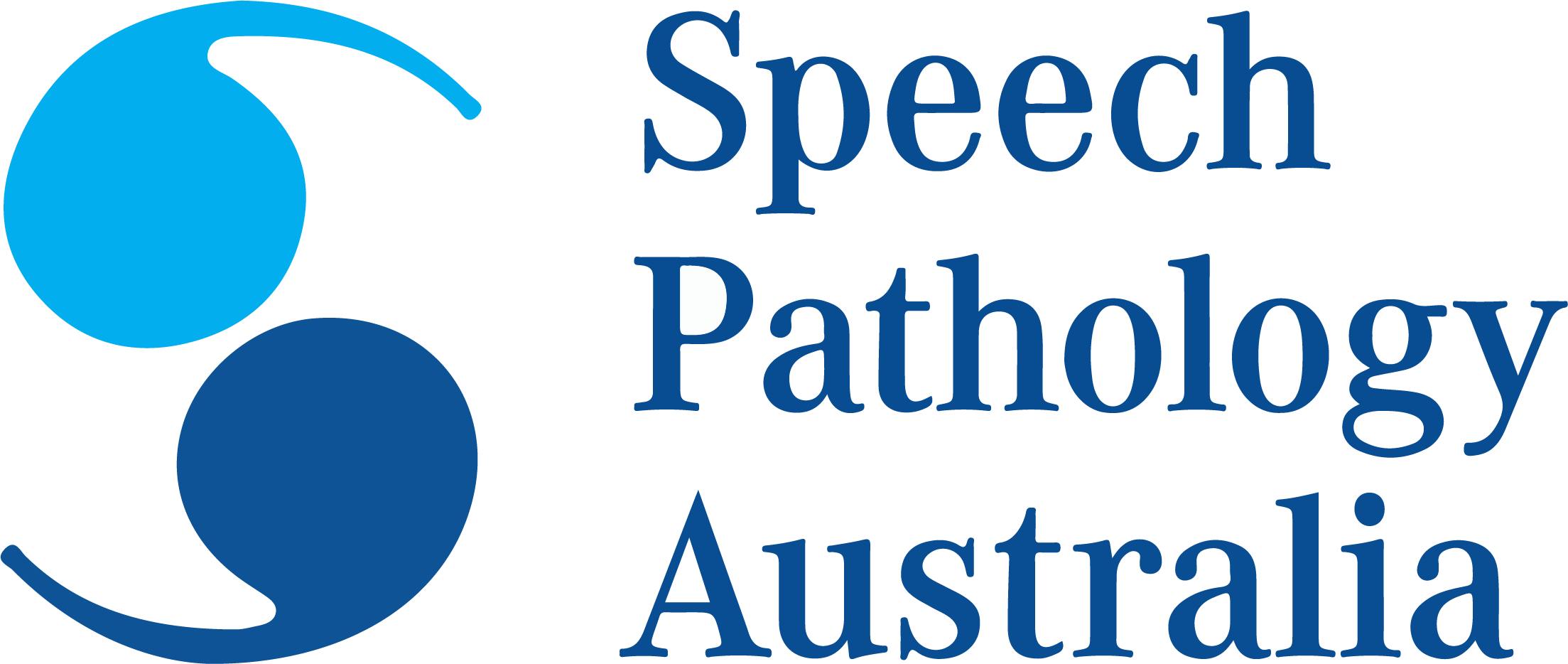Information For Professionals
Aphasia is a language disorder that affects a person's ability to communicate effectively. It can impact speech, writing, and understanding of both spoken and written language. It is most commonly caused by stroke but can also result from head injuries, brain tumors, and neurodegenerative diseases.
Causes of Aphasia
1. Stroke: The most common cause, particularly when it affects the left hemisphere of the brain, which is responsible for language in most people.
2. Head Injury: Traumatic brain injuries can result in aphasia if language areas are involved.
3. Brain Tumors: Can disrupt normal brain function leading to aphasia.
4. Neurodegenerative Diseases: Conditions like primary progressive aphasia (PPA) result in a gradual decline in language abilities.
Some Types of Aphasia
1. Broca's Aphasia (Non-fluent):
- Symptoms: Effortful, slow speech with relatively good comprehension. Speech often includes short, meaningful phrases.
- Location of Damage: Frontal lobe (Broca’s area).
2. Wernicke's Aphasia (Fluent):
- Symptoms: Fluent speech that lacks meaning, poor comprehension, and difficulty understanding spoken language.
- Location of Damage: Temporal lobe (Wernicke’s area).
3. Global Aphasia:
- Symptoms: Severe difficulties in communication, affecting both expression and comprehension.
- Location of Damage: Extensive damage to language areas in the brain.
4. Anomic Aphasia:
- Symptoms: Difficulty finding the right words, especially nouns and verbs, with relatively good comprehension and repetition.
- Location of Damage: Various areas, often in the parietal or temporal lobes.
5. Primary Progressive Aphasia:
- Symptoms: Gradual decline in language abilities over time, distinct from other dementias.
- Location of Damage: Typically the left hemisphere, affecting frontal or temporal lobes.
Diagnosis
1. Medical History and Physical Examination: Assess for recent stroke, injury, or progressive neurological conditions.
2. Neuroimaging: MRI or CT scans to identify brain damage.
3. Language Assessment: Conducted by a speech pathologist to determine the type and severity of aphasia.
Management and Treatment
1. Speech Therapy:
- Individualised Programs: Tailored to the specific type of aphasia and patient needs.
- Techniques: May include exercises to improve language skills, alternative communication methods, and strategies to cope with language difficulties.
2. Supportive Communication:
- Augmentative and Alternative Communication (AAC): Use of pictures, symbols, or electronic devices to facilitate communication.
- Caregiver Training: Educating family members and caregivers on effective communication strategies.
3. Rehabilitation Programs:
- Multidisciplinary Approach: Involving speech pathologists, neurologists, psychologists, occupational therapists, and other specialists as required.
Communication Strategies for Health Care Workers
1. Be Patient: Allow extra time for responses.
2. Simplify Language: Use short, clear sentences and simple words.
3. Use Non-Verbal Cues: Gestures, drawings, and written words can help communication.
4. Confirm Understanding: Repeat back what you think the person is saying to ensure accuracy.
5. Encourage Use of AAC: Support the use of communication aids.
Emotional and Psychological Support
1. Address Emotional Well-being: Aphasia can be frustrating and isolating; provide emotional support and consider referrals to counselling.
2. Support Groups: Encourage participation in aphasia support groups such as Talkback Groups for social interaction and mutual support.
Key Points for Health Care Workers
- Understand the different types and symptoms of aphasia.
- Use appropriate diagnostic tools to identify aphasia.
- Implement tailored therapeutic and communication strategies.
- Provide emotional and psychological support to people with aphasia and their families.
- Stay informed about new research and treatment options.
Useful External Resources
The following resources and organisations can provide you with additional information and support. Further external links are available within the "Research & Useful Links" web page or if you have specific questions you require support with please get in touch with Aphasia SA via the contact page.

Stroke Foundation
Stroke Foundation is a national charity that partners with the community to prevent stroke, save lives, and enhance recovery.

Inform Me
InformMe is a dedicated resource for health professionals delivered by Stroke Foundation to improve the treatment of stroke care. Membership is offered to health professionals working in stroke care, including those currently studying. Several aphasia resources can be found on their website.

Aphasia CRE
The Centre for Research Excellence in Aphasia Rehabilitation and Recovery (Aphasia CRE) aims to transform the health and wellbeing of people with aphasia and their families through research that leads to enhanced, cost-effective and sustainable interdisciplinary aphasia rehabilitation and community services. They are a national research centre based at La Trobe University.

Australian Aphasia Rehabilitation Pathway
The Australian Aphasia Rehabilitation Pathway (AARP) is a set of care standards for aphasia management. It has been designed for speech pathologists to help guide person-centered, evidence-based aphasia services. It aims to optimise the overall rehabilitation journey for people with aphasia and their families/friends.

Aphasia Access
Aphasia Access empowers healthcare professionals to deliver reimbursable, person-centered aphasia treatment. Aphasia Access is committed to anyone on the front lines of aphasia care as well as to breaking down the communication access barriers in health care delivery systems.

Speech Pathology Australia
The national peak body for the speech pathology profession in Australia. Provides resources and support for both practitioners and patients.